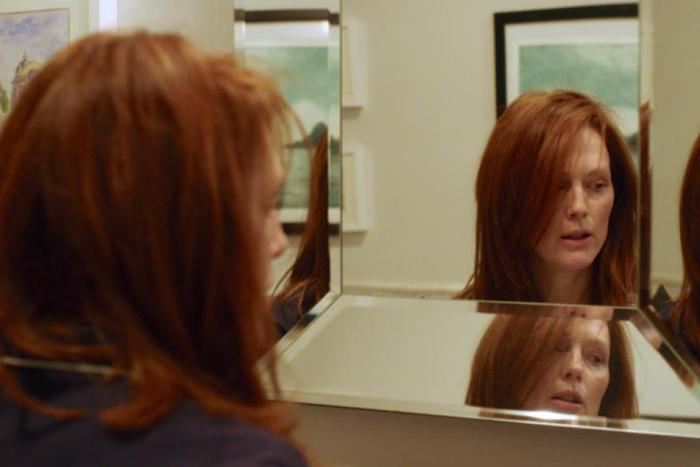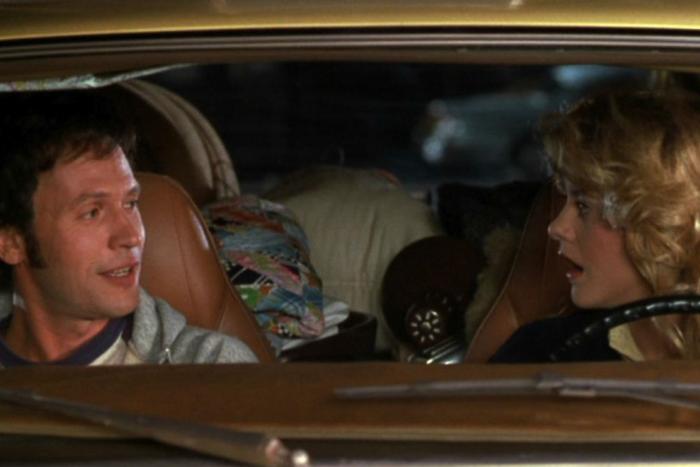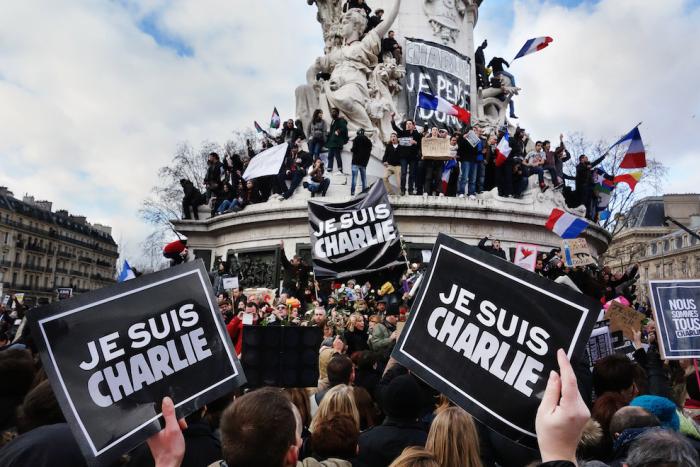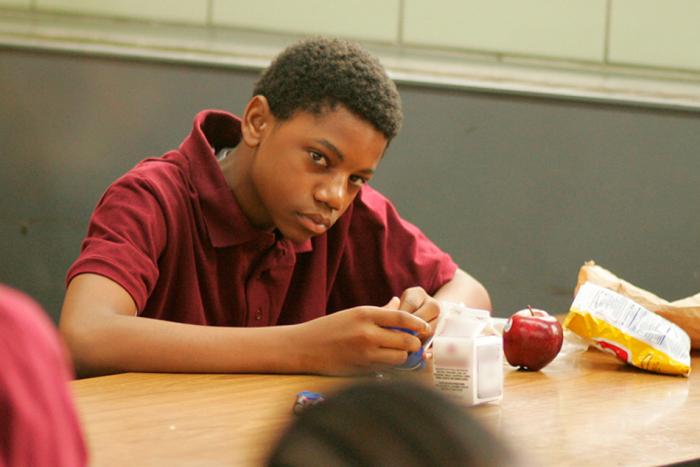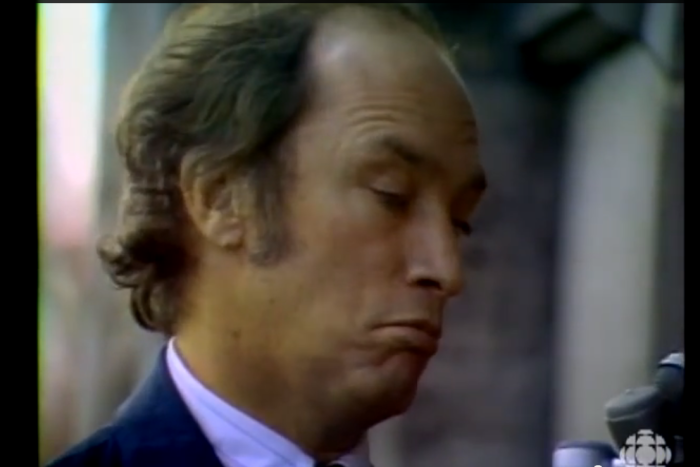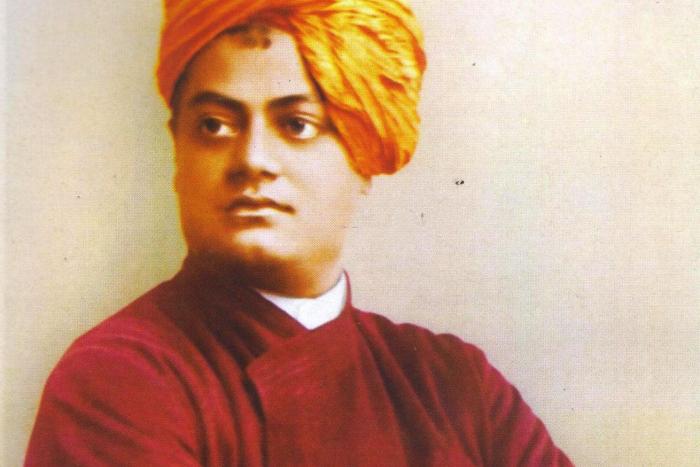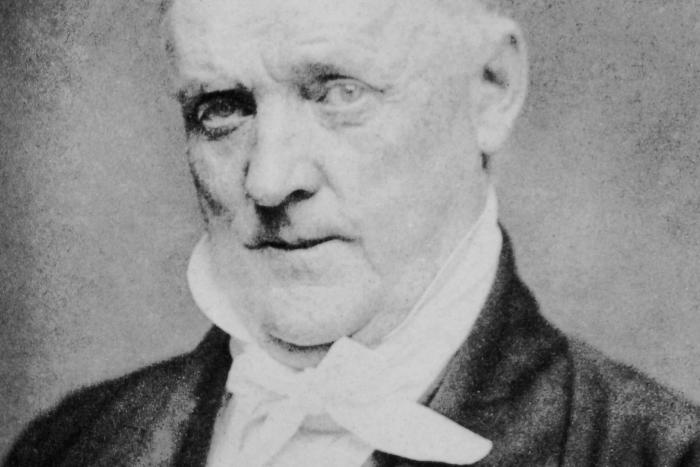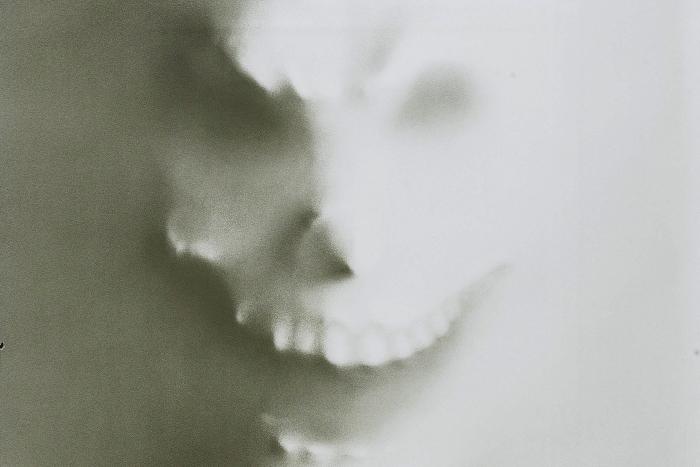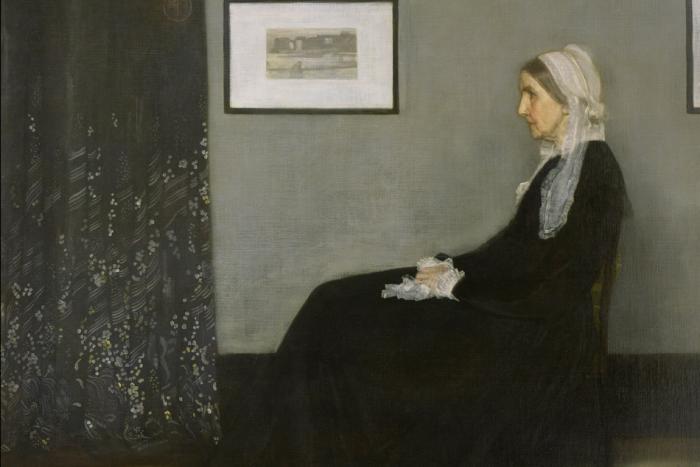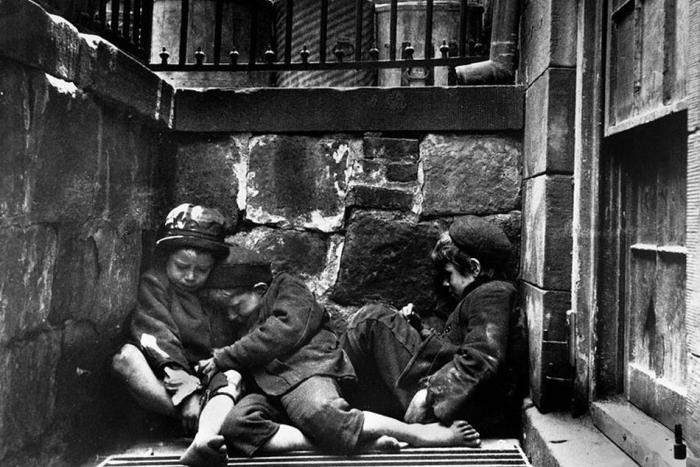In Andrew O'Hagan's The Illuminations, a woman struggles watching her mother enter the early stages of dementia. But can a different reality be a better place to live?
Tangent
The Latest
In David Shields and Caleb Powell's I Think You’re Totally Wrong: A Quarrel, a problem involving doors and goats shows what arguments are really about.
In an increasingly fragmented world, the debate around "Je Suis Charlie" reminds us there are reasons to avoid collectivity.
As Dana Goldstein writes in The Teacher Wars, education is at the centre of any national project. But are teachers agents of equality, or are they too often forced to be the opposite?
What does one former member of a terrorist group—"the last of the big-time dreamers," as he's called in Claire Holden Rothman's new novel, My October—have to say about civil liberties?
Karen Armstrong's Fields of Blood touches on the political roots of yoga in India. What is yoga now, and who has it been for?
Matt Bai's All the Truth Is Out helps answer a baffling question: why do Americans care so much about the minutiae of their leaders' lives?
Does anonymity lead to incivility—or the opposite? Consider examples from Alfred Hermida's Tell Everyone: Why We Share and Why It Matters.
As our population ages, the question becomes more dire: how do we preserve the rights of the elderly? Atul Gawande's Being Mortal contains some ideas.
The protagonists of Dionne Brand's Love Enough grow up in the foster care system, which began, historically, as a form of indentured labour. Is it still failing kids?
Pagination
-
< previous
- Page 1
- Next page

